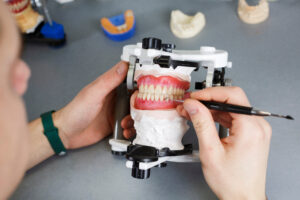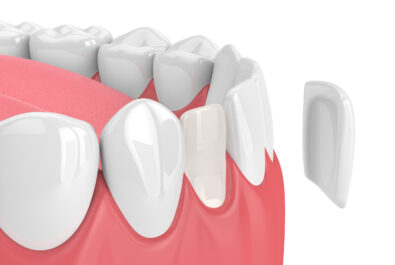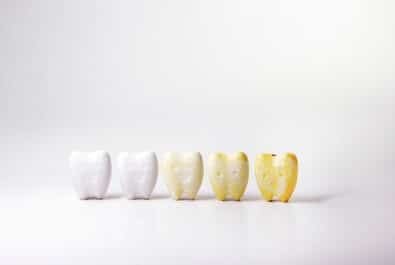
Our mouth experiences near constant trauma, as one of the most used areas of the body. This damage can be due to physical interactions, as everything from a car accident to a trip down the stairs might leave your smile in pieces. It also can be due to misalignment or overcrowding, possibly from the growth of wisdom teeth. Bacterial infections and even acids found in foods and our stomach can cause tooth decay and wear, as well.
So with this broad selection of possible ways to cause harm to our smiles, one of the most successful tools is through porcelain veneers. These durable, protective caps are made of strong ceramic, and can last for decades. And due to the custom nature of their design, they can offer an amazing array of different benefits that are unique to your smile and your health situation.
Today, your Cerritos, CA dentist writes about some of the ways that we have come to use porcelain veneers to restore and improve smiles. And to see if it might be a beautiful fit for you!
(more…)






















